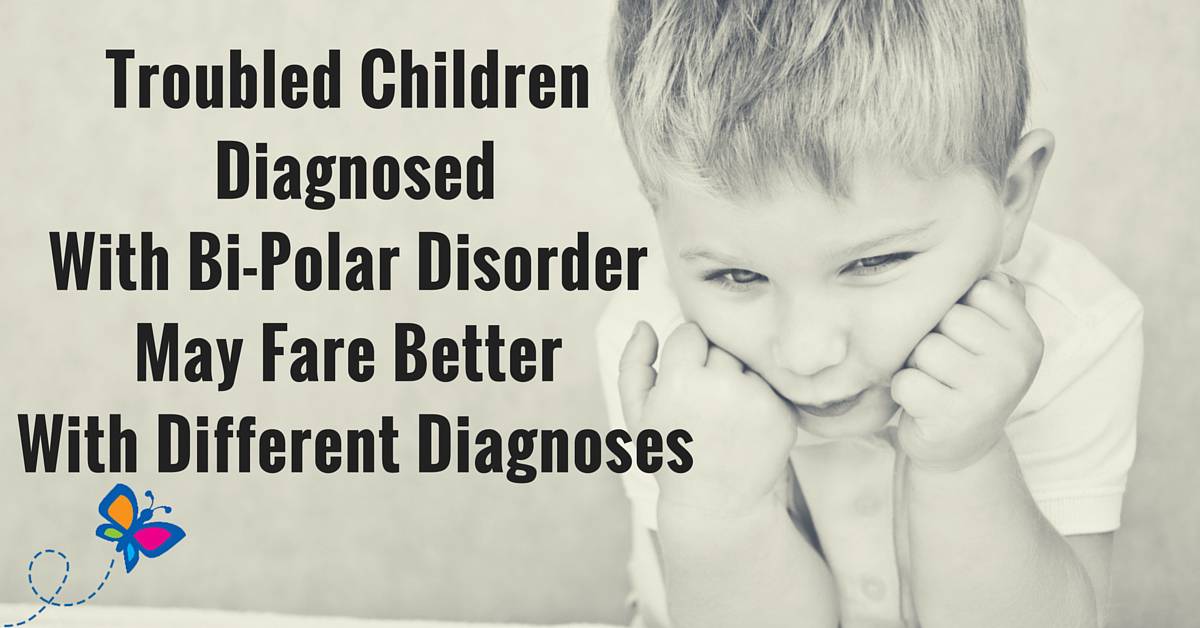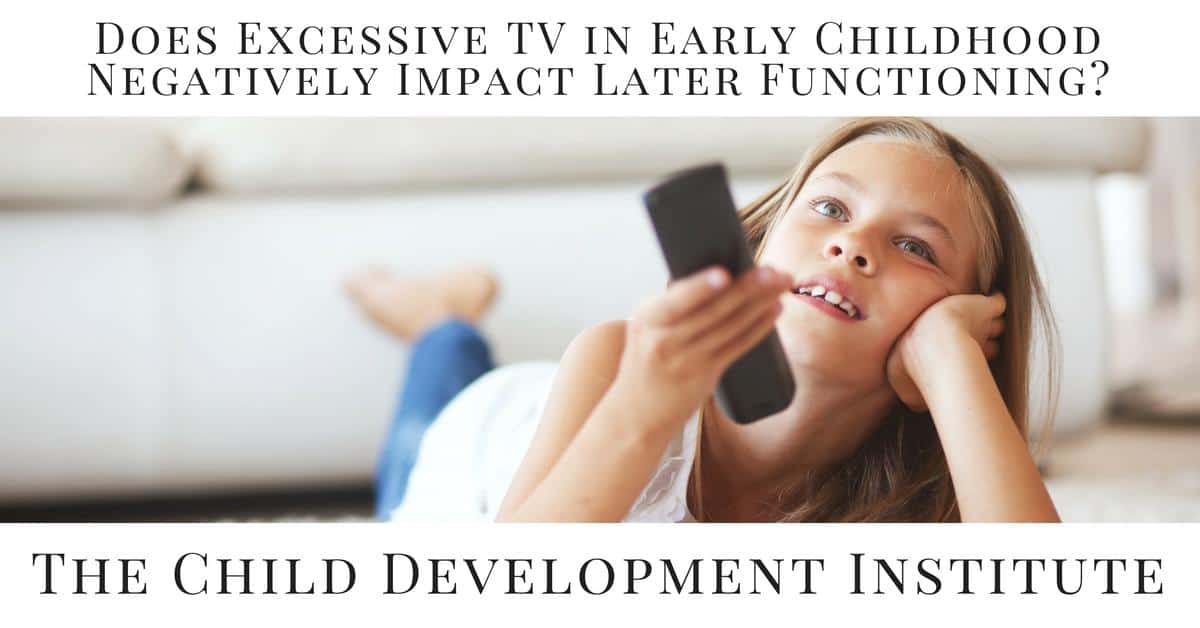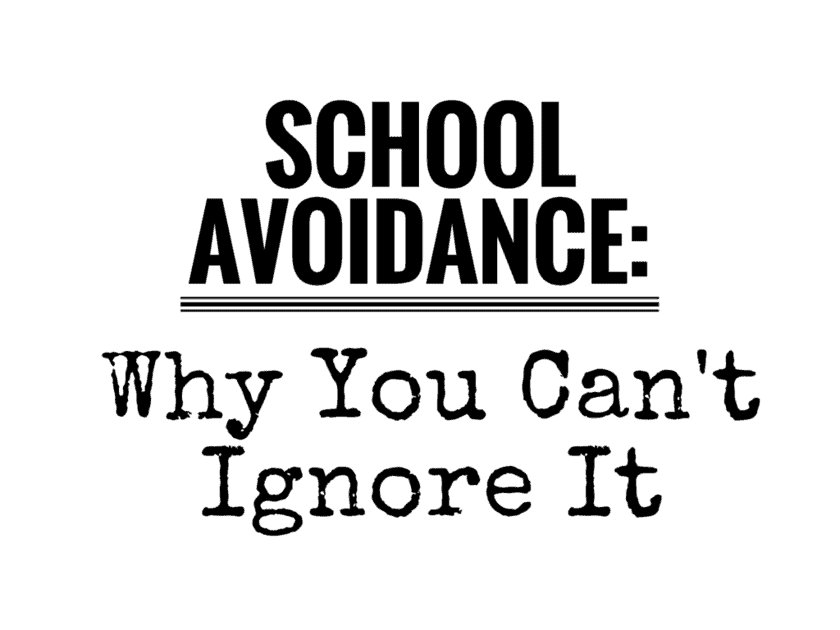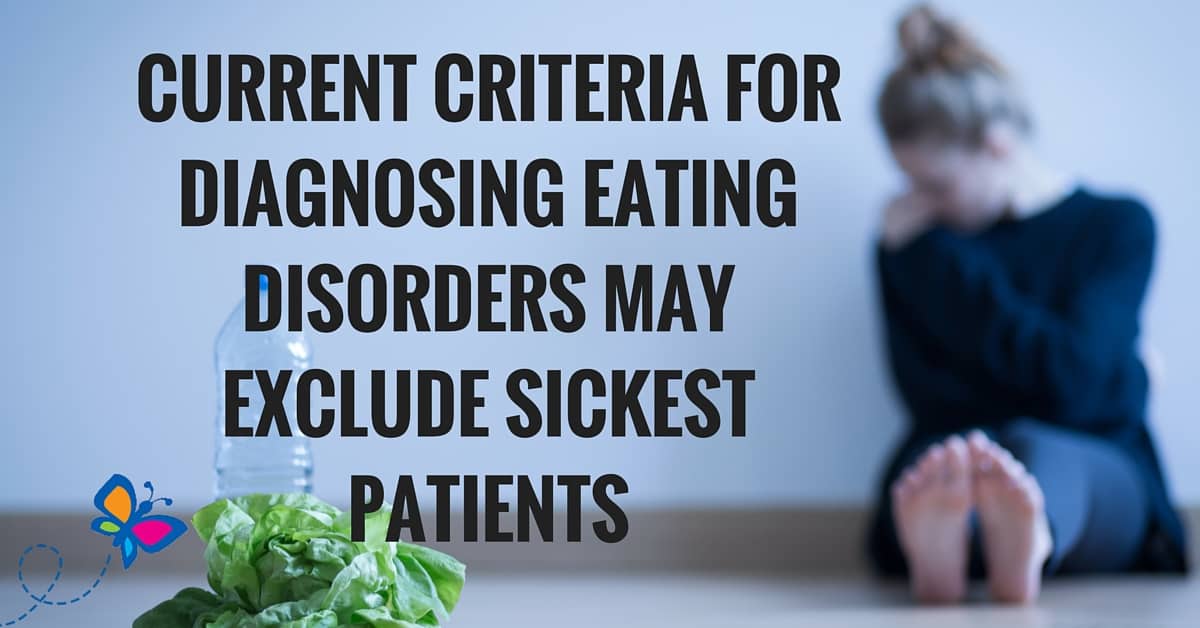Gail Fernandez, MD
Dr Gail Fernandez is a board certified child psychiatrist and is Associate Professor of Psychiatry and Human Behavior at the UC Irvine School of Medicine. Dr Fernandez received her MD degree and General and Child/Adolescent Psychiatric training at Creighton University School of Medicine in Omaha, Nebraska. Her community work includes Medical Director for FOCUS a program specializing in treatment of sexually abused children and their families. She is a member of the American Academy of Child and Adolescent Psychiatry.
Troubled Children Diagnosed with Bipolar Disorder May Fare Better with a Different Diagnosis
In a paper published in Child and Adolescent Psychiatry and Mental Health,Erik Parens and Josephine Johnston examine the evolution of the diagnosis of Bipolar Disorder ...
Does Excessive TV in Early Childhood Negatively Impact Later Functioning?
A recent study in the Archives of Pediatrics & Adolescent Medicine reports that early television exposure has negative effects on children’s functioning at follow-ups as ...
School Avoidance: Why You Can’t Ignore It
In the current issue of Deutsches Ärzteblatt International, child and adolescent psychiatrist Martin Knollmann and colleagues describe school avoidance due to emotional issues and compare ...
Adolescent Boys Who Practice Mindfulness Meditation Show Improved Mood and Contentment
Mindfulness refers to being completely in touch with and aware of the present moment, as well as taking a non-evaluative and non-judgmental approach to your ...
One in Five Adolescents Have Psychiatric Disorder
Researchers at the National Institute of Mental Health have reported on the prevalence data on a broad range of mental disorders in a nationally representative ...
Therapy Dogs Reduce Stress in Autistic Children
A new study by researchers at the Universite of Montreal published in the journal Psychoneuroendocrinology reveals that Autistic children who are exposed to the presence ...
Two and Three-Year-Old Children are Excellent Negotiators
Torgeir Alvestad, a researcher from the University of Gothenberg in Sweden, has written a fascinating thesis paper based on studying the play of two and ...
New Study Find Signs of Schizophrenia in Babies
Researchers at the University of North Carolina at Chapel Hill and Columbia University have found that signs of schizophrenia can be detected in babies as ...
Binge Eating Severity Found to be Directly Related to Severity of Childhood Sexual or Emotional Abuse
Binge Eating Disorder (BED) is an eating disorder in which an individual eats large quantities of food, usually very quickly. However, unlike Bulimia, the person ...
Parental Suicide Increases Rate of Suicide and Psychiatric Disorders in Children
In the May 2010 issue of The Journal of Child and Adolescent Psychiatry, the results of a large study at John Hopkins Children’s Center reveals ...
At-Risk Children who Display Self-Regulation of Behavior have Better Academic Performance
A new study to be published in Early Childhood Research Quarterly by Michaella Sektnan reveals that at-risk children who are better able to control their ...
Current Criteria for Diagnosing Eating Disorders May Exclude Sickest Patients
A new study from the Stanford University School of Medicine and Lucile Packard Children’s Hospital has found that many patients who do not meet full ...
Parental Spanking Linked to Aggressive Behavior in Children
A new study published in the journal Pediatrics suggests that mothers who spank their 3 year old children are placing them at risk for becoming ...
Young Bullies seek power, status, and affection.
A new study from the Netherlands published in the March/April 2010 issue of the journal Child Development looks at underlying reasons that children bully their peers. ...
Rethinking ‘‘Generation Me’’
In a scientific analysis of approximately one-half million high-school seniors over three decades, Brent Donnellan and Kali Trzesniewski of the University of Western Ontario argue teens ...
Superior Academic Performance Linked to Increased Risk for Bipolar Disorder
Young students who excel at school, particularly in creative subjects, are almost 4 times more likely develop bipolar disorder during the next decade than teenagers ...







